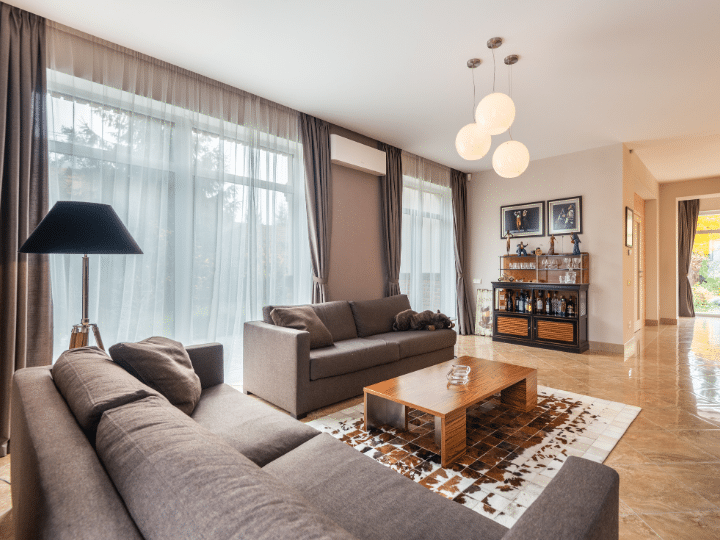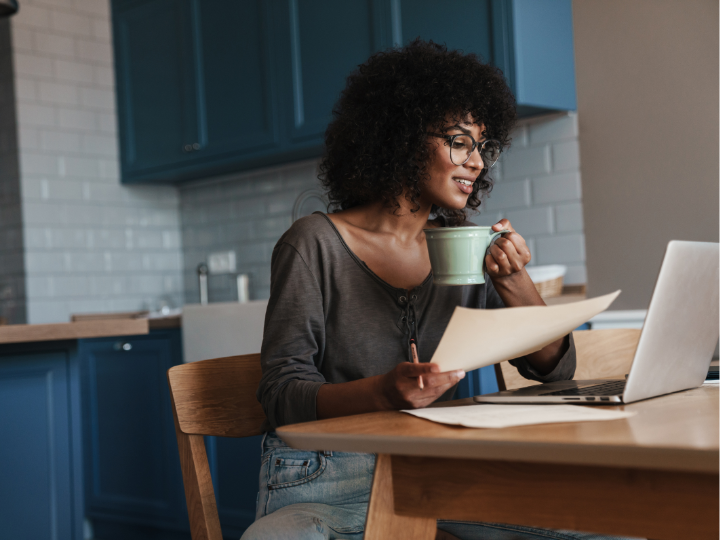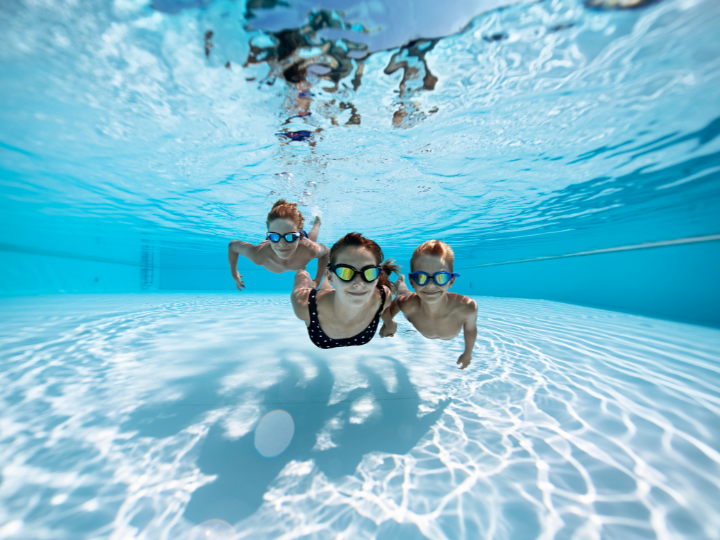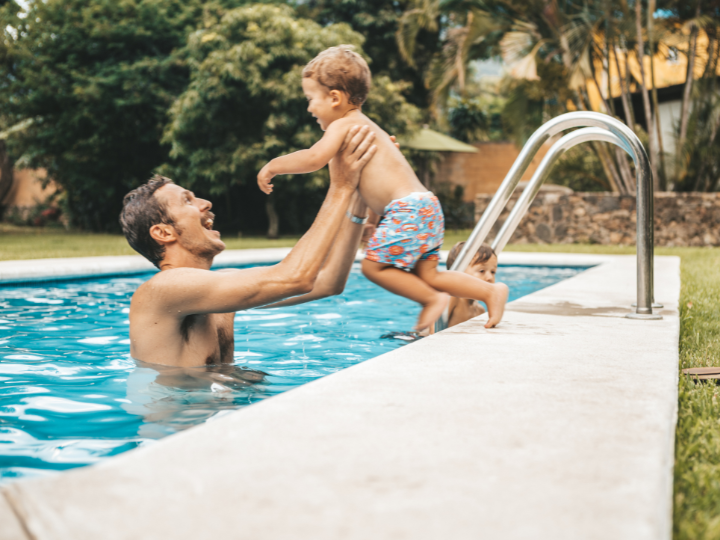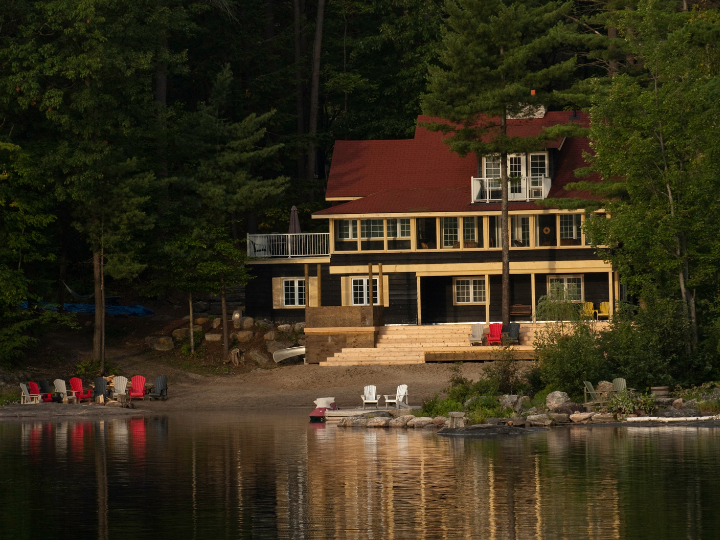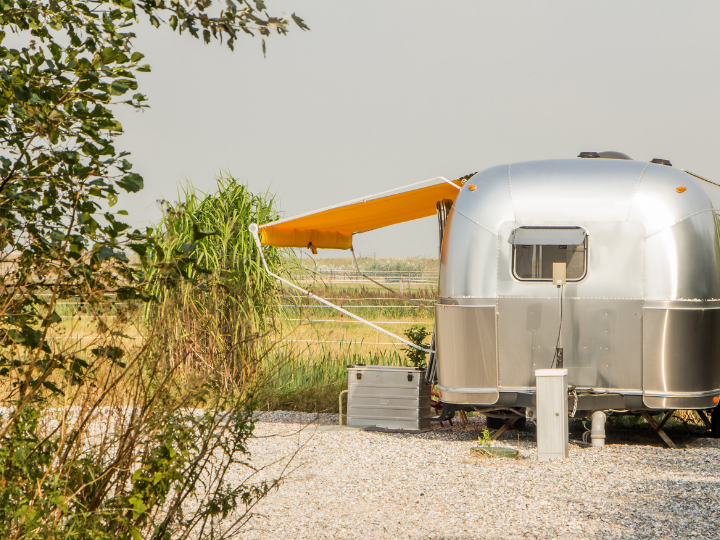You might take for granted prepping your home for when you leave. When you go on a trip or travel across the country, you hope everything will stay in order at home. There are several steps you can take so when you go on vacation you can focus on relaxing. Read on for must-know tips and tricks you should follow before you leave.
Prepare Your Home Before Vacation With These 10 Tips
A vacation is a well-deserved break. It allows you to kick back, relax and escape from your everyday routine. But if you prepare everything correctly beforehand, you can ensure your time away is worry-free. Follow these ten steps before you head out the door to prepare your home for your return.
1. Lock Your Doors and Windows
Keep your doors and windows locked, especially on the first floor. It might seem like common sense, but many people forget this. Many thieves will skip the front door and try to enter through an unlocked window or sliding glass door.
And do not forget that it is not enough to lock the outside doors. Make sure you lock the doors between your house and garage. If there are any entrances that cannot be locked, consider installing a deadbolt
2. Hide Your Valuables
Everyone goes on vacation sometimes, but not everyone takes precautions to protect their belongings. For example, suppose you leave electronics or proper identification at home. In that case, someone could access your credit cards or personal information after arriving at your destination and can even sell that information.
When you plan to go away for an extended time, it is essential to keep your valuables safe. It is always best to hide them in a safe or put them in a bank vault. If neither of those options is available, you can leave your valuables with trusted friends or family members who will watch over them while you are away. You can also create hiding spots that are not obvious to the casual observer (such as beneath floorboards)
3. Unplug All Electronics, Especially Small Appliances
Why should you unplug your appliances? If a power surge hits while you are away, your electronics could get fried, which can be an expensive repair. Plus, electronics still waste energy in the background when you do not need them.
If there are any small appliances plugged in (like your toaster), those could start a fire. Do not forget the toaster! And unplug everything you can.
4. Adjust the Thermostat
If you are gone for multiple days, you will want to turn off your thermostat (or adjust it so the temperature is above the freezing point in case a pipe bursts). Turning the heat off altogether, especially in winter, will save your heater from having to work extra hard while you are gone.
If you are on a short trip and do not want to worry about turning off the heat completely, consider turning down the thermostat by 10 degrees. Usually, around 60 degrees Fahrenheit should keep most pipes warm enough not to burst and will not have your heating system working overtime.
5. Ask Someone to Check on Your Home Daily
If you have a neighbour you trust, ask them to stop by your home every day. Ask them to report any suspicious activity and call the police if they see anything suspicious. You can also leave a key with your friend or neighbour so they can enter your home in an emergency.
It’s a good idea to leave a list of emergency numbers and contacts. You should also leave instructions on what to do in an emergency, such as turning off the water supply main valve and unplugging significant appliances like the dishwasher, washer and dryer, refrigerator, microwave oven, and TV set.
6. Call Your Security Company
Do not forget to notify your security company when you are away. If you do not have a security company, now is a good time to call one. This service may seem unnecessary, but it is easy on the wallet and could save you from a much more considerable expense.
If you are gone for longer than a week, ask about getting motion-activated floodlights installed at your front and back doors. These lights can help deter thieves because they flash when someone approaches your home at night.
7. Put Lights and TVs on a Timer
If you live in a single-story house, keeping the lights on can be very useful for your security. It makes it seem like someone is home, even if it is just the glow of a lightbulb or an incandescent TV screen.
You can use physical timers (like those you might find at a hardware store) or program intelligent home equipment like Google Home or Alexa to do this automatically. You can even set a timer for other appliances, such as your turntable or a radio.
8. Put Your Mail and Newspapers on Hold
Use the Canada Post hold mail service (https://www.canadapost-postescanada.ca/cpc/en/personal/receiving/manage-mail/hold-mail.page). This service is one of the best features for preparing your home for vacation.
Stopping all deliveries is easy, but if there are flyers that your mailbox does not support, they will be out in the open for anyone to see. If you have an extra key, give it to a trusted neighbour, family member, or friend and ask that they collect any mail not delivered by your post office.
To stop newspaper deliveries, call your paper and request a delivery stoppage for as long as you will be gone. Although you have to take an extra step, it is well worth the peace of mind knowing magazines and newspapers are not piling up outside your door for days on end.
9. Hire a House Sitter
A house sitter is a great option to give you peace of mind. Having someone check in on your home regularly can also be a helpful way to prevent problems from happening in the first place.
For example, if one of your pipes springs a leak or the air conditioner breaks down, your house sitter can deal with it immediately instead of letting it spiral into an expensive repair job. Plus, if you have pets or plants that need regular care and attention, this is the easiest way to ensure they get what they need while you are gone.
10. Wait Until After Vacation to Post Online
While there are many preparations before leaving, one of the most critical steps is not to post your vacation plans or photos online while you are away! According to statistics, 65% of burglars know the people they rob. Wait until you return to post anything publicly online.
If you do not want to wait, it is still imperative not to have your location services on when taking photos and posting them. The reason it’s so important not to post while away is because this can be an easy way for burglars and others to know that no one will be home. In addition, never tell anyone you won’t be home during a particular time or for a certain number of days.
How Your Home or Renters Insurance Can Help
Homeowners’ insurance and renters’ insurance can help cover the cost of stolen or damaged items during a break-in, depending on your policy. Talk to your broker to ensure you are covered before leaving for vacation.
Consider how much insurance you need and whether you need full replacement cost coverage or actual cash value coverage. The former helps ensure you get the total value for stolen items, while the latter will give you a depreciated cost for your claim.
It is essential to understand what is not covered by your insurance policy to know what kind of protection you have if something happens while away.
One way to do this is by making an inventory of your belongings. Not only does this list help in a claim process after a burglary, but it also reminds you of everything that was stolen in case some things go missing without any signs of a burglar forcing entry into your home.
